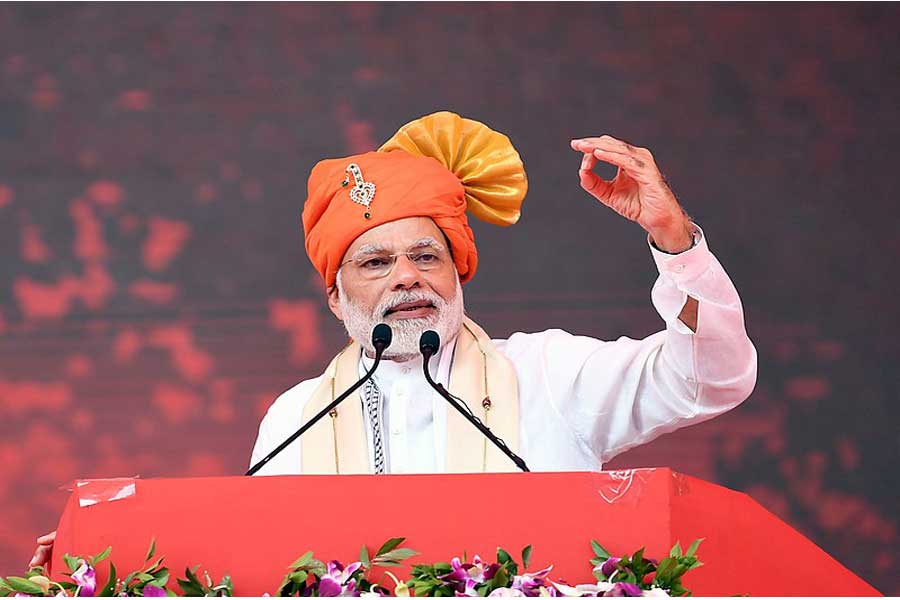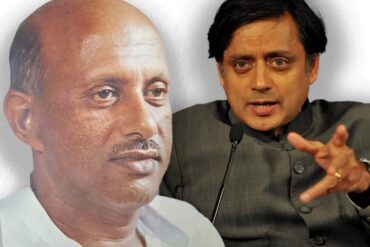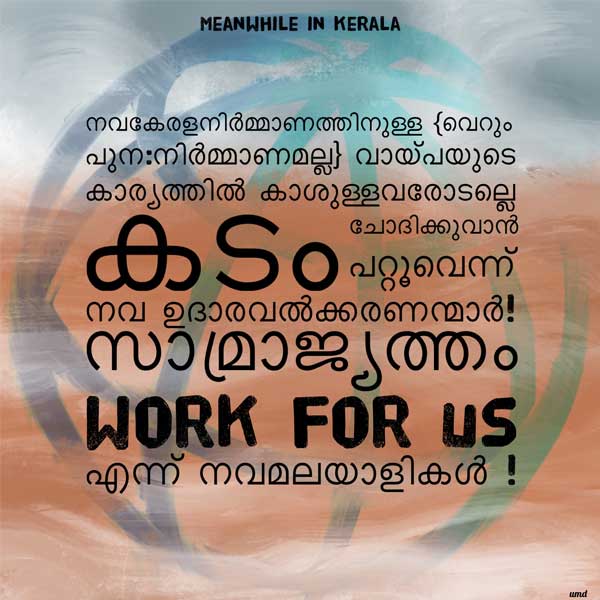
We have finally come to the end of a long-drawn and controversial election and, Narendra Modi has won the people’s mandate. While each one of us has the power to make our own electoral choices, it is not necessary that our choice will be in sync with the majority. And whether we like it or not, we are bound to accept the people’s mandate—that is the beauty of democracy.
Although many of us expected the BJP-led NDA coalition to come back to power, perhaps we didn’t expect it to manage such a decisive victory—where the BJP would make a clean sweep in all states, barring a few. It is clear that the majority voted with the single purpose to bring Narendra Modi back as Prime Minister—regardless of the candidate they were voting for in their respective constituencies.
How else can one explain a terror accused like Pragya Sadhvi winning by such a huge margin in Bhopal or the murder-accused Sakshi Maharaj winning from Unnao? Some might argue that they won because of the popular Hindutva sentiment prevalent in the country but we can’t deny the fact that the ultimate objective was to see Narendra Modi back in power.
Sabka Saath, Sabka Vishwas
Muslims have been blamed for holding a prejudice against the BJP for no reason and it is because of the “imaginary fear” instilled in our minds by the opposition, to quote the Prime Minister. It is necessary to point out that this fear did not stem out of nothing; in fact, we have some valid reasons to imagine the worst. If we recap the statements made by some of the BJP leaders during their recent election rallies, we get a fair idea why a BJP victory is frightening for the majority of Muslims.
Recently, in his victory speech, even Prime Minister Narendra Modi didn’t shy away from taking a dig at secularism and all those who identify themselves with it. Just two days after this speech, while addressing the NDA in his parliamentary speech, Modi talked about being inclusive and winning the vishwas of even the minorities, a statement almost in contradiction to what he made couple of days earlier. While all this talk of inclusiveness and tolerance ring very good to the ears, they don’t hold any value if it doesn’t reflect in the actions of the BJP government.
From the time the BJP came back to power for a second term, there have been at least six separate incidences of hate crimes in various places. As usual, we have been greeted with a stoic silence from the members of the ruling party on these incidences with not even a statement of condemnation.
The only effort of condemnation came from the newly-elected MP, former cricketer, Gautam Gambhir, who tweeted about the Gurugram incident, where a Muslim man was stripped of his skull cap and forced to chant Jai Sri Ram. It should be noted that as soon as he tweeted about the incident, he was criticized and schooled by his own followers and compatriots and BJP fellow-travellers, actor Anupam Kher among them, giving a clear indication of their mindset.
Worst-case Scenario
In his speeches during election campaigns, the BJP President, now Home Minister, Amit Shah, talked about implementing the National Register of Citizens (NRC) in full throttle if the BJP came back to power and purging Assam of infiltrators. He assured the Hindus, Sikhs and Buddhists not to worry, clearly indicating that only Muslims are going to bear the brunt of the policy.
Recently, a 52-year-old ex-serviceman, a retired Honorary Lieutenant, Mohammed Sanaullah, who had served in the army for 30 years and also fought the Kargil war, was sent to a detention center on the basis of his name being absent from the voters list in 1986, when he was 20 years old. If a person, who had served in the Armed Forces is struggling to prove his identity, imagine the plight of ordinary citizens. While the implementation of NRC may be beneficial in the long term, the question arises why different rules and regulations for different people.
Who will hold the government accountable?
With opposition parties like the Congress, the Left and other regional parties have been nearly decimated in these Lok Sabha elections, there are not many voices left in the Parliament to question or seek accountability from the Government. It is noteworthy that out of the 27 Muslim MPs elected to the Lok Sabha, none belong to the ruling party. The only Muslim representation in the BJP government is Mukhtar Abbas Naqvi, who continues his second term as the Union Minister of Minority Affairs.
Naqvi plays the game according to the Sangh’s core ideology and once advised all Beef-eating Indian Muslims to go to Pakistan—not exactly the kind of statement that would inspire confidence among the Muslims. Rahul Gandhi, in his recent statement, made it clear that though the Congress has only 52 MPs in the Lok Sabha, it would ensure that there would be no walkover for the BJP in the house. An inspiring statement indeed but the truth remains that the Congress needs at least 10 percent of the seats in the Lok Sabha to stake claim for the Leader of the Opposition—54 seats against its current tally of 52.
The humongous win in the general election is a testimony of Narendra Modi’s popularity but it doesn’t excuse him from being accountable to the general public. We must not lose sight of the fact that the Indian Economy is in shambles, unemployment at an all-time high and the Muslims and Dalits continue to remain at the receiving end. Eventually, it is the responsibility of us citizens to question the government and ask for accountability. If we stop doing that, it won’t be wrong to assume that we may become autocratic by default in the near future.






